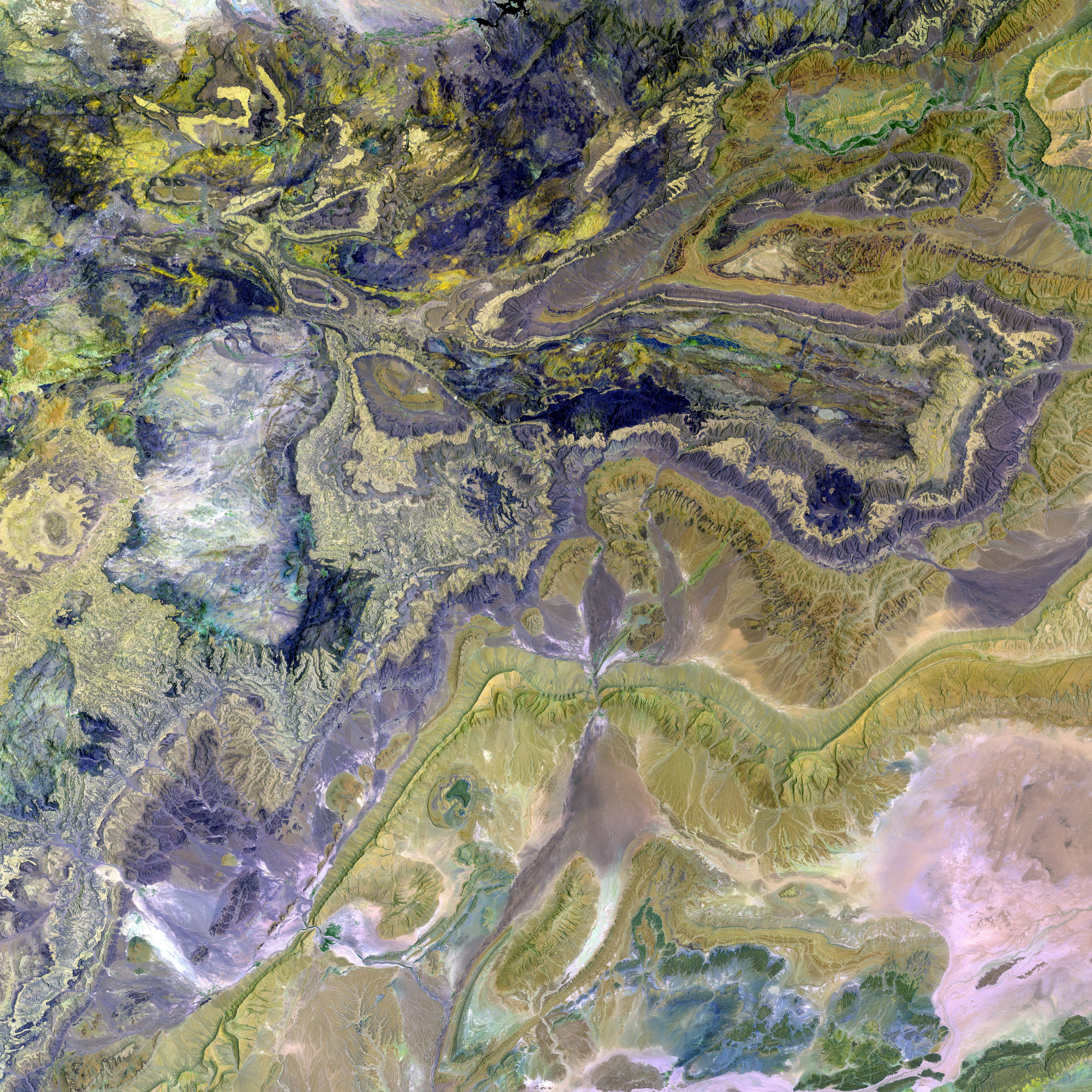Drought on the Farm: Winning the Drought Battle with AI
Utilizing AI to assist farmers in addressing water scarcity challenges
Chatting with Flair LinkedIn Pixel Relay Email Print Copy Link
Farmers are grappling with bone-dry soil and scant rainfall, a harsh reality as climate change rages on. Springtime has failed to deliver proper rainfall, leaving fields in dire need of moisture. Germany is likely to register one of the driest spring seasons since records began, bringing memories of the 2018 and 2019 heatwaves, which inflicted significant agricultural damage. The 2025 harvest is hanging by a thread, as nature draws from its reserves. Experts agree that agriculture must adapt, and AI will play a pivotal role in this transition.
Only an average of 60 liters of rain per square meter fell last month, barely a third of the usual spring rainfall. Farmers are desperate for rain, as crops suffer under the strain of drought stress. "Rapeseed and cereals are particularly hard hit," says Frank Schiffner, a crop expert from the Mecklenburg-Vorpommern Farmers' Association, speaking to ntv.de. The north has been hit the hardest, with some regions reaching only ten percent of their rainfall target. "Reservoirs, even in deeper layers, are depleted," Schiffner notes. And that spells trouble: side shoots and pods will not develop properly, growth will stagnate, and grains in the ears will be small, potentially leading to lower yields, both in quality and quantity, Schiffner warns.
Katrin Drastig shares the same concerns.A specialist working at the Leibniz Institute for Agricultural Technology and Bioeconomy in Potsdam, she sees the potential for uneven growth and patchy stands. However, the extent of yield losses can't be definitively assessed yet. But summer crops are in urgent need of water now: "There are different phases of vegetation. Some periods are particularly sensitive, and if it doesn't rain, it can have negative consequences," says Drastig.
The unusual dryness is partly due to the wet years of 2023 and 2024, which allowed farmers to retain water in the soil through proper soil preparation, as Drastig explains. Meanwhile, the water reserves are dwindling fast, as demonstrated by the drought monitor of the Helmholtz Institute.
Enter AI: The Future of Farming
In the face of a warming world, farmers must innovate or perish, says Drastig. "Groundwater replenishment is declining." And rainfall patterns are shifting, with water being scarce when it's most needed. "Besides, winter rainfall doesn't necessarily solve anything, because it's also the case that as temperatures rise, evaporation increases," explains the expert. So what's a farmer to do? Irrigation is the only viable solution during extreme drought years. But it's not that simple: most farmers in the northeast lack the technical infrastructure and water rights, while irrigation costs water and energy, and water availability is itself an issue.
AI can offer a potential solution. AI in irrigation is a burgeoning field, with scientists worldwide working on precision irrigation. With AI-powered irrigation, enormous amounts of water can be saved, as the specific water needs of individual plants can be met to perfection. AI systems can account for weather patterns, soil type, and various other factors to adjust irrigation schedules as needed, ensuring optimal water usage.
The Age of Big Data on the Farm
"The application of machine learning models for optimal irrigation management is gaining momentum," says Drastig. These models help forecast water demand based on weather and soil conditions, simplifying the process of informed irrigation decisions. In the future, big data and AI will become more prevalent on farms, as they will be used to analyze extensive datasets and make accurate predictions about soil moisture, thus optimizing irrigation plans.
Lastly, expect to see more drought-resistant crops in the future. "Broader crop rotations in Germany and Europe, emphasizing more legumes and other plants, are key to resilient agriculture," Drastig summarizes. "We can also consider growing crops like chickpeas, which perform well during dry phases, and crops that germinate earlier."
Artificial intelligence is set to transform farming by offering real-time insights and enhanced prediction capabilities, enabling farmers to make data-driven decisions that protect water resources and crop yields in the face of extreme droughts.
References
- [1] The Guardian. (2020). Farming in the face of climate change: how technology could hold the key. The Guardian. https://www.theguardian.com/environment/2020/mar/01/farming-in-the-face-of-climate-change-how-technology-could-hold-the-key
- [2] Agriculture and Food Security. (2022). How can AI improve agricultural productivity and resilience in sub-Saharan Africa? Agriculture and Food Security. https://www.agricultureandfoodsecurityjournal.biomedcentral.com/articles/10.1186/s40066-022-00519-w
- [3] Water Digest. (2020). AI in agriculture: Opportunities and challenges - Water Digest. https://www.waterdigest.in/content/ai-agriculture-opportunities-and-challenges
- [4] G?.O. Working Paper Series No. 256, S. (2021). Determinants of irrigation intensity in Ethiopia: An empirical assessment with the DEA-BCC approach. ZSI Gessellschaft für civile und ökologische Wissenschaften. https://www.researchgate.net/publication/353277492_Determinants_of_irrigation_intensity_in_Ethiopia_An_empirical_assessment_with_the_DEA-BCC_approach
- [5] Kitui, B. (2020). Drought risk management in Kenya: An interdisciplinary framework using early warning systems. Journal of Arid Land. https://www.tandfonline.com/doi/abs/10.1080/17568687.2020.1810461
- The application of environmental science, particularly in the field of artificial intelligence, offers potential solutions for optimizing irrigation and conserving water resources, a crucial aspect in the battle against drought and climate change as outlined in the community policy.
- To address the challenges posed by the increasing scarcity of water, health-and-wellness initiatives in agriculture are gravitating towards the use of big data and AI in precision irrigation, a scientific approach that ensures optimal water usage and minimal wastage.
- Crop experts predict a future shift towards drought-resistant species, such as legumes and earlier-germinating crops, as part of a broader European agricultural strategy aimed at promoting environmental sustainability and resilience in the face of the climate-change-induced droughts.






